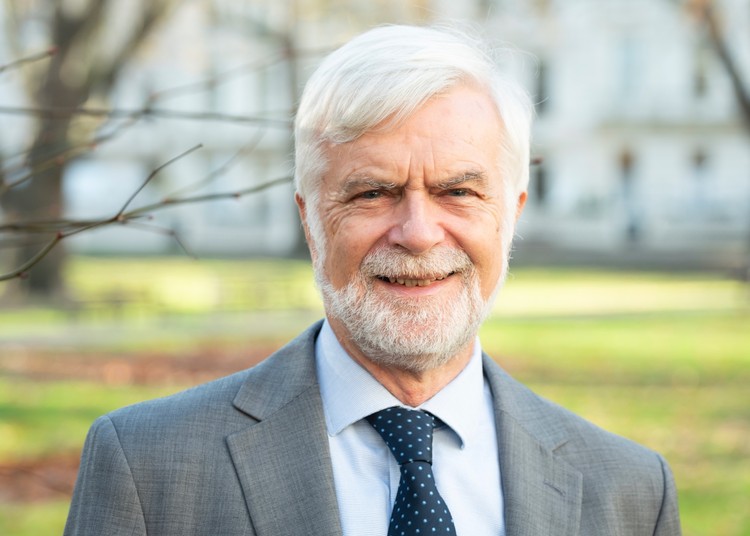UK’s Jim Skea elected chair of the Intergovernmental Panel on Climate Change
The IPCC is one of the most important bodies tackling climate change
Jim Skea of the United Kingdom was elected chair of the Intergovernmental Panel on Climate Change. Photo: Wikimedia Commons
Jim Skea of the United Kingdom was elected chair of the Intergovernmental Panel on Climate Change (IPCC) in Nairobi on Wednesday night. The IPCC is one of the most important bodies tackling climate change.
Skea, who has nearly 40 years of experience in climate change, was elected by 90 votes to 69 in a run-off with Thelma Krug.
South Africa’s Professor Debra Roberts, who would have been the first woman and African to be chair, had received support from the African Union as well as President Cyril Ramaphosa, but missed out.
The elections – the first to have women candidates running for chair – took place at the United Nations Environment Programme headquarters in Nairobi during the IPCC’s 59th Session.
Elections for other IPCC Bureau positions, including co-chairs of IPCC working groups, are taking place from 26 to 28 July.
Skea thanked the other candidates and those who voted for him. He paid tribute to outgoing chair Hoesung Lee.
“My ambition is to lead an IPCC that is truly representative and inclusive … where everyone feels valued and heard,” said Skea.
“I will pursue three priorities: improving inclusiveness and diversity, shielding scientific integrity and policy relevance of IPCC assessment reports, and making the effective use of the best available science on climate change,” he told delegates.
Kenya’s Climate Change and Forestry Minister Soipan Tuya, who welcomed the candidates earlier in the week, said, “Countries like mine, with highly variable climate and high vulnerability will continue to bear the brunt of climate change in the absence of appropriate response measures.”
“We all appreciate that for the various climate change interventions of adaptation and mitigation to be effected, we need climate financing that is both responsive and at scale.”
She said that together with the African Union, Kenya would be hosting the Africa Climate Summit in Nairobi from 4 to 6 September. It will be themed on Africa’s renewable energy, arable land potential, critical minerals and the carbon sinks on the continent.
Support independent journalism
Donate using Payfast

Don't miss out on the latest news
We respect your privacy, and promise we won't spam you.
Next: Who will be our next Public Protector? Here are the candidates
Previous: G4S in last-ditch bid to keep Mangaung Prison contract
© 2023 GroundUp. This article is licensed under a Creative Commons Attribution-NoDerivatives 4.0 International License.
You may republish this article, so long as you credit the authors and GroundUp, and do not change the text. Please include a link back to the original article.
We put an invisible pixel in the article so that we can count traffic to republishers. All analytics tools are solely on our servers. We do not give our logs to any third party. Logs are deleted after two weeks. We do not use any IP address identifying information except to count regional traffic. We are solely interested in counting hits, not tracking users. If you republish, please do not delete the invisible pixel.

